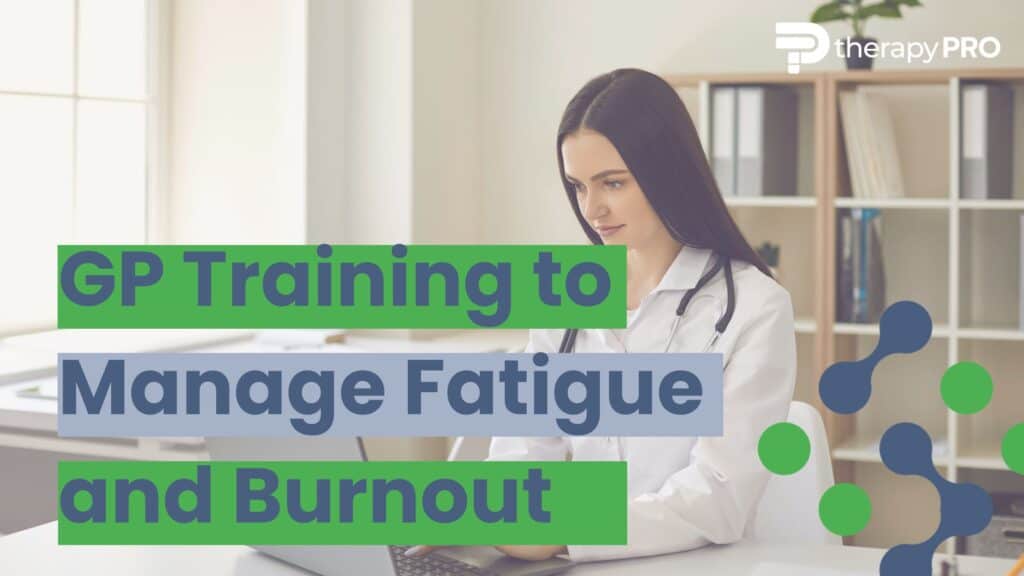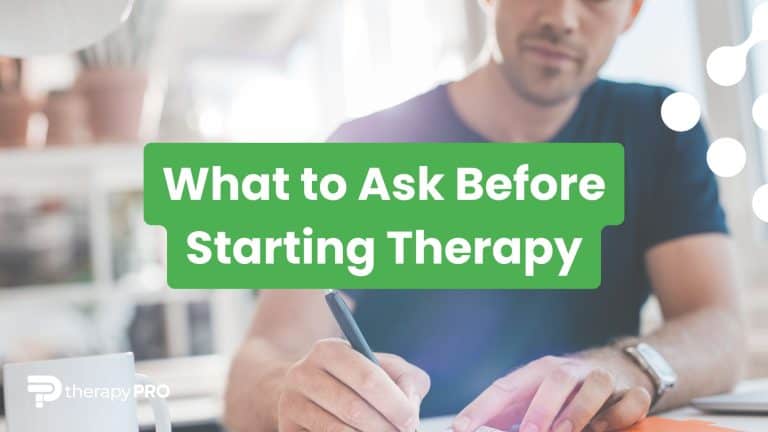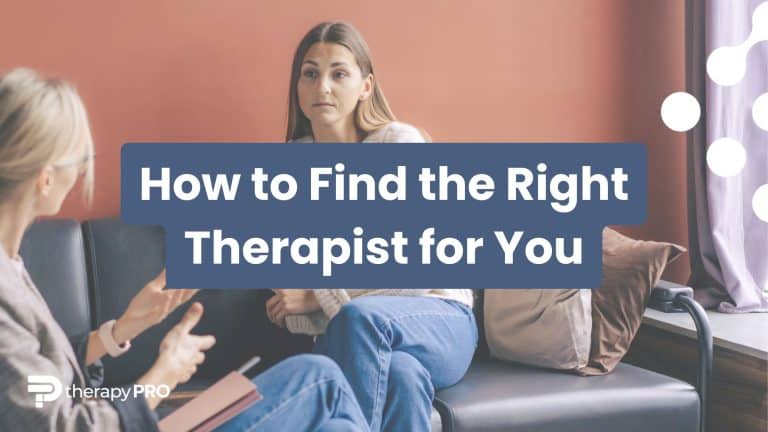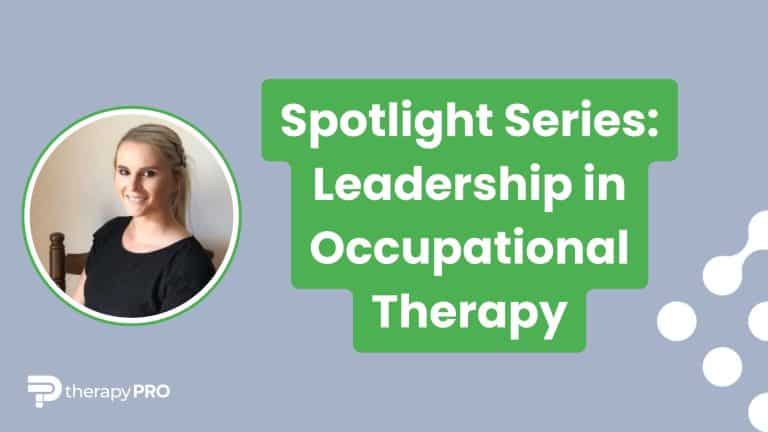The Need for GP Training to Manage Fatigue and Burnout
Although the medical profession faces a myriad of challenges there is a critical yet often overlooked need: GP training in the space of mental wellbeing around self-care, fatigue, burnout.
As the frontline of patient care, General Practitioners encounter unique stressors, and as such, the significance of their mental wellbeing cannot be underestimated.
The Royal Australian College of General Practitioners (RACGP) raised alarms in 2021 when they reported that 58% of Australian GPs identified managing fatigue and burnout as one of their most pressing challenges.
The pandemic, it appears, has taken its toll on a wider spectrum of healthcare professionals too. A staggering 71% of all healthcare workers experienced burnout during this period. These figures indicate a pervasive issue, not just affecting individual wellbeing but jeopardising the overall quality of healthcare delivery.
We understand the weight of the responsibility GPs bear, especially during challenging times. Mental and emotional wellbeing is as crucial as the care provided to patients.
A Systematic Challenge Deserves a Systematic Response
Burnout isn’t merely a challenge at the individual level; it has profound organisational repercussions, affecting staff turnover, intentions to leave, and healthcare’s overall quality.
Diving deeper into the RACGP report reveals a stark picture.
Almost 80% of primary care nurses felt the burnout sting during the pandemic. Meanwhile, studies investigating Australian healthcare workers’ mental health during this period uncovered alarming rates of anxiety (59.8%), burnout (70.9%), and depression (57.3%). The World Health Organization (WHO) aptly defines burnout as resulting from unmanaged ‘chronic workplace stress’.
Characterised by exhaustion, increased mental distance from one’s job, and feelings of ineffectiveness, it’s an issue that can’t be ignored.
Enter Virtual GP Training: Addressing Wellbeing & Burnout
In response to these emerging challenges, virtual GP training has stepped into the spotlight. Such training isn’t just a luxury; it’s a necessity.
Every profession has its unique challenges, but for GPs, the stakes are always high, with every decision impacting lives.
We are thrilled here at Therapy Pro to be able to develop and deliver an engaging and interactive virtual workshop supporting GPs to manage stress, improve their self-care, and reduce their fatigue and burnout.
Packed with interactive sessions, hands-on worksheets, and thought-provoking activities, the workshop tailored to provide GPs with tools to combat professional burnout and personal stress.
Self–care, Managing Stress, Avoiding Compassion Fatigue, and Burnout
GPs will learn about a range of range of mental health topics designed to support themselves and their patients in sustainable ways.
They will learn from our qualified and experienced allied health professionals as they share knowledge about selfcare, stress, compassion fatigue, and burnout. Our facilitators are registered allied health professionals with extensive clinical skills and experience in the mental health field.
Workshop attendees will learn:
- The reality of impacts of stress and secondary trauma in General Practice
- The importance of self-care in General Practitioners and medical centres
- The impact of stress on the nervous system
- How the human nervous system responds to stress and self-compassion
- Combating stress using cognitive and physiological strategies
- Strategies to identify symptoms of compassion fatigue
- Psychological capital, self-care, and burnout prevention
- Barriers and challenges to self-care and self-compassion in General Practice
- Embedding these workshop learnings in everyday General Practice
Reality of Impacts of Stress and Secondary Trauma
A look into the often-hidden repercussions of continuous exposure to patients’ traumas and the strain of the profession.
The medical profession, particularly for GPs, is uniquely taxing. Every day, they bear witness to the traumas and challenges their patients face, absorbing their stories and shouldering the responsibility of their care.
This continuous exposure often leads to what’s known as secondary trauma. Unlike direct trauma, which arises from personally experiencing distressing events, secondary trauma develops from mere exposure to another individual’s traumatic experiences.
Over time, this can manifest in feelings of helplessness, fatigue, and even symptoms mirroring PTSD. The emotional toll is exacerbated by the inherent demands of the profession, making it essential for GPs to recognise and address these effects early on.
We’ll cover these symptoms in detail and share how you can address them effectively.
Nervous System’s Response to Stress
Delve deep into understanding how our body reacts to stress and why self-compassion is the key to calming the nervous system.
Our bodies are designed with intricate systems to detect, react to, and mitigate stress. When confronted with a stressor, the sympathetic nervous system is activated, commonly referred to as the ‘fight or flight’ response. This leads to a cascade of physiological changes, from a heightened heart rate to increased alertness.
However, continuous exposure to stressors, without adequate recovery, can overburden this system. Over time, chronic stress can pave the way for a host of health issues, both mental and physical.
This is where self-compassion plays a pivotal role.
By practicing self-compassion, individuals can activate the parasympathetic nervous system, often termed the ‘rest and digest’ system. This fosters a sense of calm, reduces stress hormone levels, and promotes healing, highlighting its importance in countering the rigors of the medical profession.
We’ll give you strategies for incorporating self-compassion easily into your every day.
Identifying Symptoms & Prevention
Equip yourself with knowledge and strategies to spot early signs of compassion fatigue and steps to deter burnout.
Burnout and compassion fatigue often sneak up on individuals, making it even more crucial to recognise their early signs.
Common symptoms include chronic fatigue, feelings of detachment, increased irritability, and reduced feelings of personal accomplishment. Moreover, there may be physical manifestations, such as sleep disturbances, headaches, and digestive issues.
Prevention begins with acknowledgment.
Regular self-check-ins, peer discussions, and even professional counselling can help identify budding issues.
On the preventive front, strategies such as setting professional boundaries, prioritising self-care, seeking peer support, and engaging in relaxation techniques can act as barriers against burnout.
The key is to be proactive, ensuring that the demands of the profession don’t overshadow the importance of one’s well-being.
We’ll help you identify burnout triggers early and equip you with a plan to address any symptoms.
Why Choose Therapy Pro’s Workshop
Spanning three hours, the workshop provides scheduled breaks ensuring attendees remain refreshed.
The interactive format ensures not just passive learning but active engagement. And when it comes to credibility, our facilitators are not just trainers; they’re registered allied health professionals, seasoned with vast clinical experience in the mental health industry.
Join Us: Ensuring a Sustainable Practice
To continue to care for their patients, GPs must first ensure their own wellbeing. We’re here to support you in this journey, ensuring a continued sustainability within your profession, supported by tools and strategies to maintain your wellbeing.
This October and November, immerse yourself in knowledge, strategies, and practical techniques geared towards a holistic approach to GP training and wellbeing.
With a nominal investment of $395 p/p, the returns are not just tangible but transformative.
Places are limited. Book your spot here.




